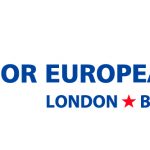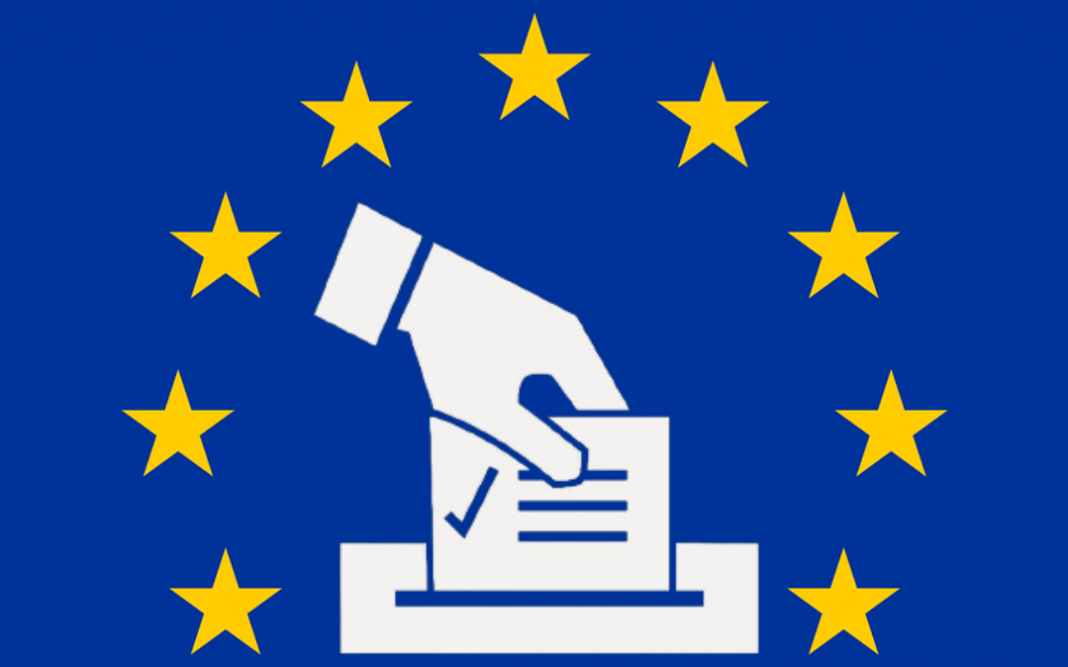Right-wing forces are set to make sizeable gains in the European Parliament elections. That will tilt the Parliament right on many issues and could give these parties momentum nationally. If the polls are accurate, the European Parliament (EP) elections in June will see a surge of support for right-wing populist and far-right parties. The combined strength of the European Conservatives and Reformists Group (ECR) and the Identity and Democracy Group (ID) is predicted to rise from 135 to 163 out of 720 seats. Such a result would not lead to them dominating the EP or dictating its legislative agenda. The parties within the current ‘grand coalition’ of conservatives, socialists and liberals are likely to lose a substantial number of seats but maintain their overall majority. Furthermore, the parties to the right of the conservative European People’s Party (EPP) are split in two groups. The ECR group is made up of populist nationalist parties such as Poland’s Law and Justice (PIS), Italy’s Brothers of Italy and Sweden’s Sweden Democrats. Many of these parties have led or been part of governments in their member-states. They are very critical of the EU and oppose further integration but have become attuned to working within the Union’s rules. They are deeply engaged in the workings of the EP and have successfully shaped legislation, for example on the removal of online terrorist content or hindering the use of cryptocurrencies for illegal purposes. The foreign policies of ECR parties are, broadly speaking, within the mainstream. For example, the two largest parties, PiS and Brothers of Italy are Atlanticist and hawkish on Russia.
Author: Luigi Scazzieri, Senior Research Fellow, Centre for European Reform.
This article is available on the Centre for European Reform website.



